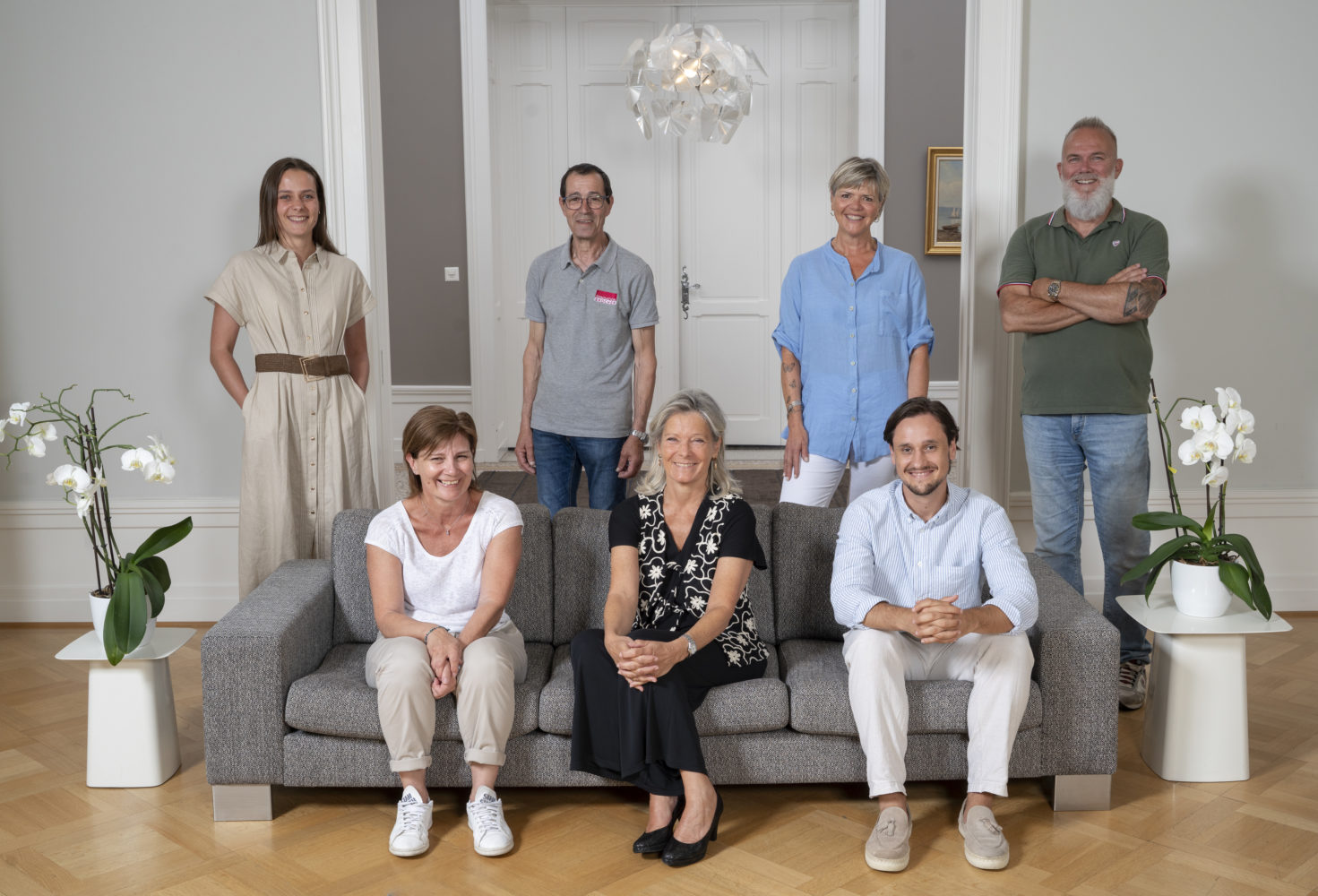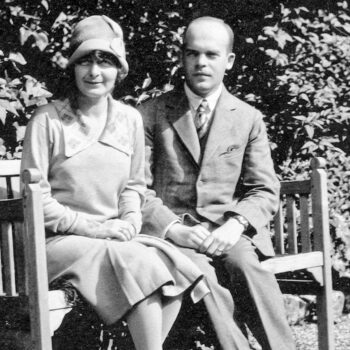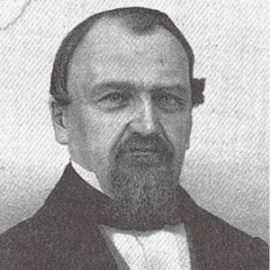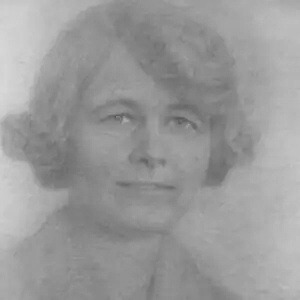The Brocher Foundation dedicated to studying the impact of medical developments on society and promoting ethical, legal, and social reflection on advances in medicine and health policy. By welcoming researchers and experts from around the world, it provides an interdisciplinary forum for debating major contemporary issues in bioethics.
The Foundation is now internationally recognized as one of the best forums for discussion of all issues related to bioethics.
Its strong roots in the Lake Geneva region, renowned for its scientific excellence in life sciences and health, as well as the presence on its Board of Rectors and Presidents of the Universities of Geneva and Lausanne, and EPFL, guarantee a high academic standard.
Located in the heart of international Geneva, the Foundation promotes exchanges between academia, international organizations, NGOs, and public decision-makers, thereby helping to strengthen the dialogue between science and society.



